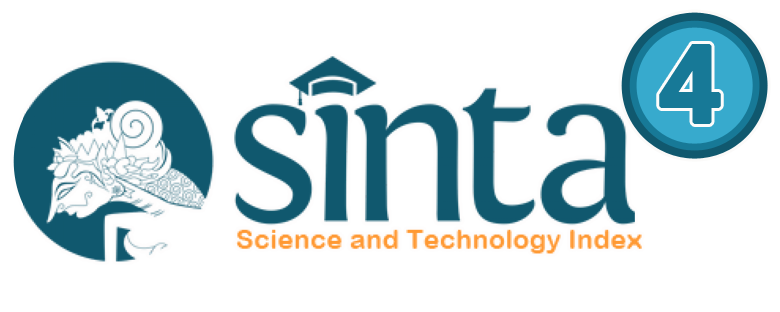KAJIAN MENGENAI KEBEBASAN BERKUMPUL DAN BERSERIKAT PASAL 28E AYAT (3) UNDANG-UNDANG DASAR 1945 MELALUI ORGANISASI KEMASYARAKATAN KAITANNYA DENGAN TEORI KEDAULATAN RAKYAT DAN HAK ASASI MANUSIA
Abstract
Abstract
Today there is an increasingly strong view that the organizational community in all three domains,namely the state, the society, and the business world must be in a balanced and mutually supportive position to sustain the dynamics of the nation’s progress. In this article will be discussed about the arrangement of freedom of assembly and association in Article 28E Paragraph (3) of the 1945 Constitution as well as the theory of people’s sovereignty and human rights view freedom of assembly and association. This study uses normative legal research. Legal, historical, conceptual, and philosophical approaches were made in this study. State arrangements on the various forms and types of the organization need to be taken into account the importance of (i) the principle of separation (decoupling) (ii) the principles of “legal and onstitutional organization”, (iii) the principles of “good governance”, and (iv) the need for “Organizational empowerment” (v) the embodiment of the principle of “freedom of association” (vi) ensures, reflects, and does not diminish the meaning of principles of freedom of thought, freedom of thought, and freedom of expression. The Asian values referred to in freedom of association, assembly and expression are
formulated through political concepts in these Asian countries.
Keywords: civil organization; freedom of assembly and associaton; popular sovereignty theory and human rights
Abstrak
Dewasa ini berkembang pandangan yang semakin kuat bahwa komunitas organisasi di ketiga ranah, yaitu negara, masyarakat, dan dunia usaha itu haruslah berada dalam posisi yang seimbang dan saling menunjang satu sama lain untuk menopang dinamika kemajuan bangsa. Dalam artikel ini akan dibahas mengenai pengaturan kebebasan berkumpul dan berserikat dalam pasal 28E ayat (3) undang-undang dasar 1945 dan juga teori kedaulatan rakyat dan hak asasi manusia memandang
kebebasan berkumpul dan berserikat.Penelitian ini menggunakan penelitian hukum normatif. Pendekatan perundang-undangan, historis, konseptual, dan filsafat dilakukan dalam penelitian ini. Pengaturan-pengaturan oleh negara terhadap aneka bentuk dan jenis organisasi tersebut, perlu diperhatikan pentingnya (i) prinsip pemisahan (decoupling) (ii) prinsip “legal and onstitutional organization”, (iii) prinsip “good governance”, dan (iv) kebutuhan akan “organizational empowerment” (v) perwujudan prinsip “freedom of association” (vi) menjamin, mencerminkan, dan tidak mengurangi arti dari prinsip-prinsip kebebasan berkeyakinan, kebebasan berpikir, dan kebebasan berpendapat. Nilai-nilai Asia yang dimaksud dalam kebebasan berserikat, berkumpul dan mengeluarkan pendapat dirumuskan lewat konsep politis dalam negara-negara asia tersebut.
Kata Kunci: Organisasi Masyarakat; Kebebasan berkumpul dan berserikat; teori kedaulatan rakyat dan Hak Asasi Manusia.
Full Text:
PDFDOI: https://doi.org/10.20961/hpe.v7i1.29190
Refbacks
- There are currently no refbacks.
Copyright (c) 2019 Bahar Elfudllatsani, , Isharyanto, Agus Riwanto
Jurnal Hukum dan Pembangunan Ekonomi Online ISSN : 2777-0818
|









